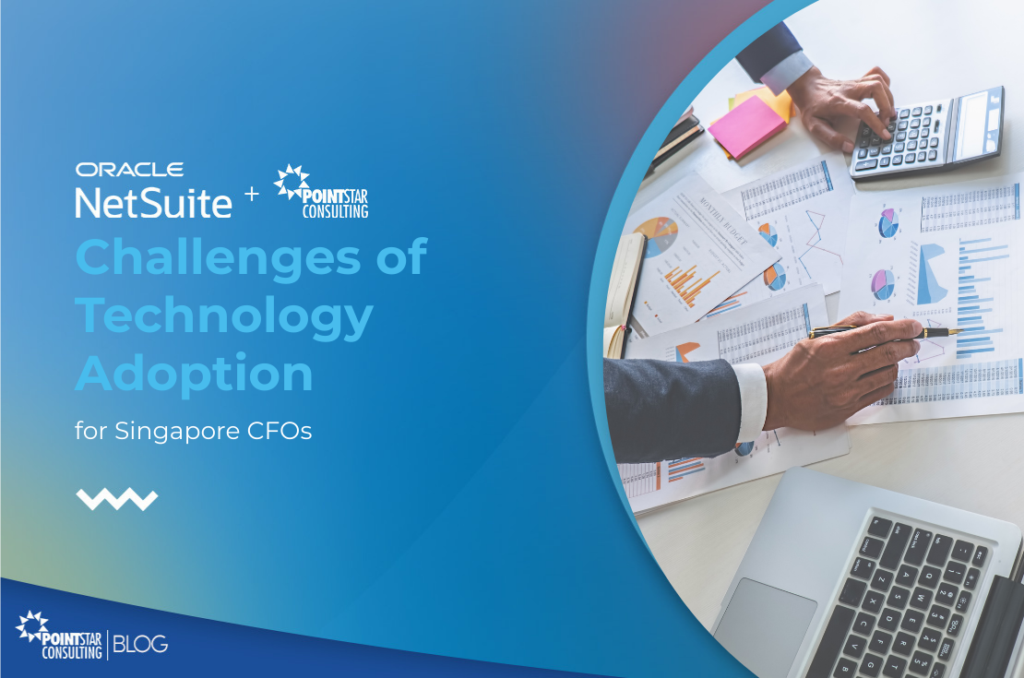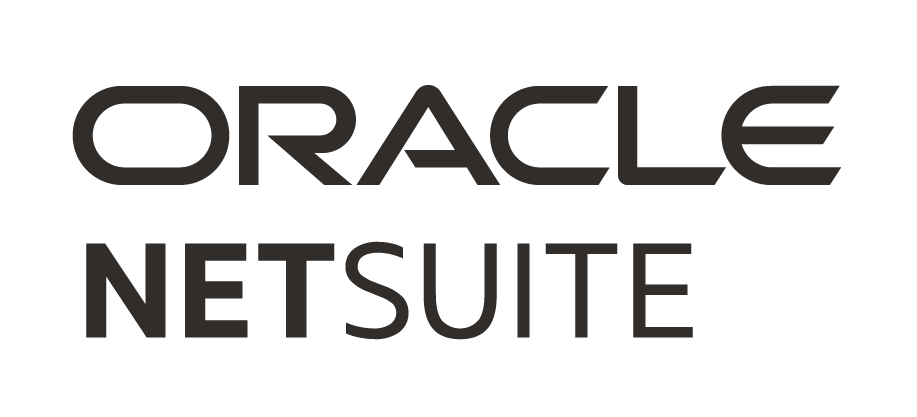For those with C-suite aspirations, the role of CFO is often seen as a stepping stone towards becoming a CEO. For organisations operating in high-income, globally competitive economies like Singapore, the role of CFOs has grown beyond stewarding a company’s finances. CFOs are increasingly playing critical roles in assisting other C-suites with strategic efforts to achieve growth.
The giant leaps in technology mean there is an assortment of solutions to grease the wheels of financial operations that can lighten the burden on CFOs. Cloud-based solutions like enterprise resource planning (ERP) can automate tedious yet critical financial processes, reduce human errors, and give CFOs total visibility of every functioning part of their organisations.
However, for all the leaps in technology, the situation on the ground presents a picture of both businesses and CFOs in Singapore not quite reaping the full benefits from cutting-edge cloud solutions.
For instance, the technology adoption rate in Singapore is gathering pace, increasing from 74% in 2018 to 94% in 2022, yet almost 40% of Singapore organisations lag in digital agility.1
The share of Singapore’s C-Suite leaders who have complete visibility of their organisation’s accounts doesn’t inspire confidence. Thirty-eight per cent expressed concerns about fiscal planning without a complete picture of their company’s finances.2 A lion’s share of Singapore CFOs indicated facing challenges around the task of “actively navigating data flows across different jurisdictions’ privacy laws”.3
Meanwhile, most finance and accounts professionals, including CFOs in Singapore, do not trust the financial data they are presented with when making forecasts. Only 30% are satisfied with the data they are presented with. Financial data from multiple sources adds to the confusion, with 31% of Singapore finance leaders doubting its veracity.
For CFOs of rapidly growing businesses, effective tech adoption will be imperative to success. The automation of manual tasks is a good place to start. You need complete, real-time visibility of your organisation’s finances to stay on your feet. To compete, your organisation must be agile and have systems that will scale as your business grows. Cloud ERP solutions have become a mainstay of fast-growing businesses. Below we examine two key benefits that a cloud ERP like Oracle NetSuite do for CFOs in Singapore:
Scalability
By virtue of being on cloud, an ERP like NetSuite provides plenty of room to scale. Unlike legacy systems with physical servers, you do not need to purchase additional real estate, or go through painstaking technical work with you IT departments to add features as your business grows.
NetSuite’s modular nature means you can scale as you grow and add new modules to address growing pains. This also ensures you are nimble and able to change course swiftly in the event the need for sweeping changes occur. You can switch modules to focus on priority areas, and work with your systems integrator on configuring the solution in a way that best suits your unique business needs.
Unprecedented, Real-Time Visibility
What you most often notice with fast-growing organisations is the inescapable, mountainous stack of applications catering to each pain point. The explosion of software-as-a-service (SaaS) has helped businesses tremendously by allowing them to choose solutions that meet their unique needs.
However, this also, ultimately, leads to applications that operate in silos, resulting in a lack of visibility across business processes. Data from disparate sources mean valuable information that could propel growth is going to waste. A cloud ERP like NetSuite provides robust integration capabilities that connect your systems and enable you to make sense of your data. In addition, because it is based on the cloud, NetSuite provides real-time visibility to swiftly respond to changing consumer and market demands.
The Role of NetSuite Partners, Consultancies, and System Integrators
Your system is only as good as your implementation partner or systems integrator, or so goes the saying. Various names are given to the organisations you choose to implement Oracle NetSuite, such as NetSuite partner, consultancy, systems integrator, etc.
Businesses on high-growth trajectories like yours must be judicious when choosing partners to implement NetSuite. A NetSuite consultancy like PointStar Consulting comes equipped with more than 17 years of experience helping organisations undertake finance digital transformation. PointStar Consulting is one of the earliest NetSuite consultancies in Asia and possesses one of the largest teams of cloud ERP consultants. What separates PointStar Consulting from its peers is its speciality in configuring solutions to meet the unique needs of businesses across various industries. We also provide solutions beyond a cloud ERP, including solutions to integrate your tech stack and automate workflows.
- DigitalCFO Asia. 4 in 10 Organisations in Singapore Still Lagging in Digital Agility Despite Increased Technology Adoption. December 16, 2022. https://digitalcfoasia.com/2022/08/04/4-in-10-organisations-in-singapore-still-lagging-in-digital-agility-despite-increased-technology-adoption/ ↩︎
- FutureCFO. Singapore’s FP&A professionals don’t trust data used for forecasts. February 4, 2021. https://futurecfo.net/singapores-fpa-professionals-dont-trust-data-used-for-forecasts/ ↩︎
- The Business Times. Singapore CFOs see data security, privacy as top challenges in corporate reporting: EY poll. December 4, 2017. https://www.businesstimes.com.sg/companies-markets/singapore-cfos-see-data-security-privacy-top-challenges-corporate-reporting-ey ↩︎



